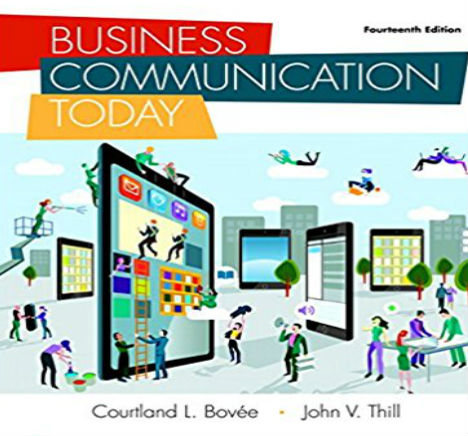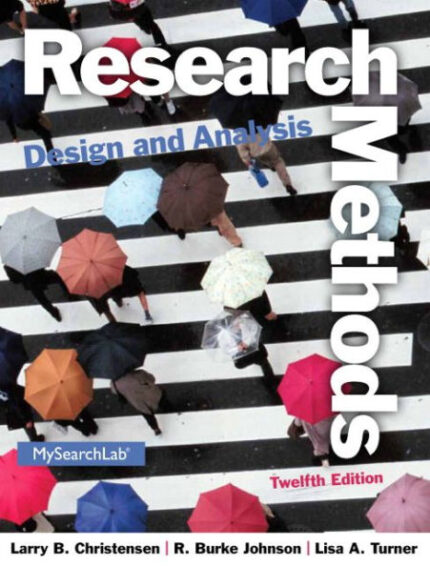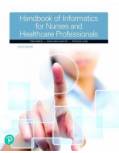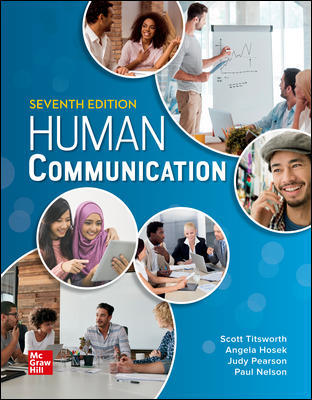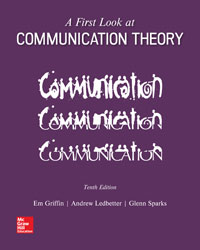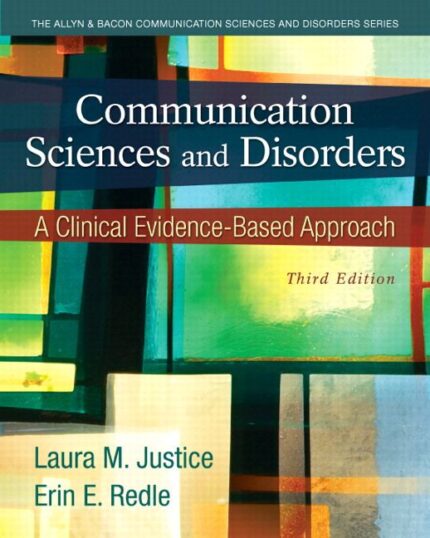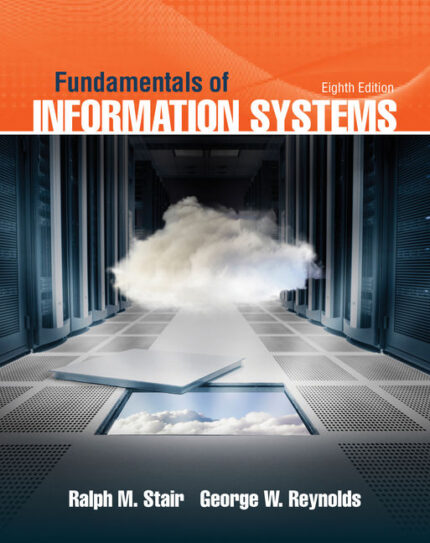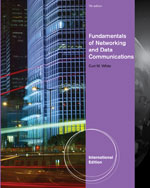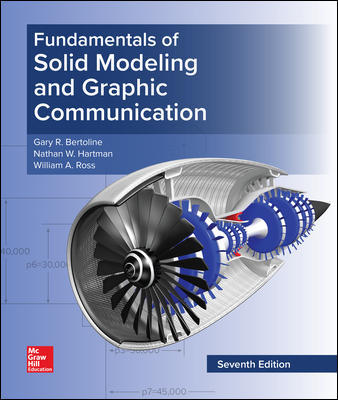Test Bank for Business Communication Today 14th Edition
Table of Content
Chapter 1: Professional Communication in a Digital, Social, Mobile World
Chapter 2: Collaboration, Interpersonal Communication, and Business Etiquette
Chapter 3: Communication Challenges in a Diverse, Global Marketplace
Chapter 4: Planning Business Messages
Chapter 5: Writing Business Messages
Chapter 6: Completing Business Messages
Chapter 7: Digital Media
Chapter 8: Social Media
Chapter 9: Visual Media
Chapter 10: Writing Routine and Positive Messages
Chapter 11: Writing Negative Messages
Chapter 12: Writing Persuasive Messages
Chapter 13: Finding, Evaluation, and Processing Information
Chapter 14: Planning Reports and Proposals
Chapter 15: Writing and Completing Reports and Proposals
Chapter 16: Developing Presentations in a Social Media Environment
Chapter 17: Enhancing Presentations with Slides and Other Visuals
Chapter 18: Building Careers and Writing Résumés
Chapter 19: Applying and Interviewing for Employment
Business Communication Today, 14e (Bovee/Thill)
Chapter 1 Understanding the Foundations of Business Communications
1) Communication is the process of
A) transferring information and meaning.
B) listening actively.
C) writing messages.
D) none of the above.
Answer: A
Explanation: A) Communication is a two-way process that begins with the sender and ends
when the receiver acquires information and meaning.
Diff: 2
LO: 1.1: Explain the importance of effective communication to your career and to the
companies where you will work.
Skill: Concept
AACSB: Written and oral communication
Learning Outcome: Plan and prepare business messages
2) Which of the following is the process of transferring information between senders and
receivers?
A) Communication
B) Negotiation
C) Productivity
D) Engagement
E) Impressionism
Answer: A
Explanation: A) Communication is the process of transferring information and meaning between
senders and receivers, using one or more media and communication channels.
Diff: 1
LO: 1.1: Explain the importance of effective communication to your career and to the
companies where you will work.
Skill: Concept
AACSB: Written and oral communication
Learning Outcome: Discuss the challenges and importance of business communications
2
Copyright © 2018 Pearson Education, Inc.
3) Improving your communication skills will enhance your career because
A) having great ideas won’t help you much, unless you can communicate them effectively.
B) the higher you rise in an organization, the more important your communication skills will be.
C) you’ll need to connect with decision makers outside of your area of expertise.
D) all of the above.
Answer: D
Explanation: D) Ambition and great ideas aren’t enough. You’ll need to communicate with
people if you want to succeed in business. Employers expect employees to speak and write in a
professional manner that is clear, direct, and free of slang, jargon, and other inappropriate terms.
Diff: 2
LO: 1.1: Explain the importance of effective communication to your career and to the
companies where you will work.
Skill: Critical Thinking
AACSB: Written and oral communication
Learning Outcome: Discuss the challenges and importance of business communications
4) Which of the following is one of the essential goals of communication?
A) Successful negotiations
B) Sharing
C) Data development
D) Engagement
E) Career development
Answer: B
Explanation: B) The essence of communication is sharing—providing data, information,
insights, and inspiration in an exchange that benefits both you and the people with whom you are
communicating.
Diff: 1
LO: 1.1: Explain the importance of effective communication to your career and to the
companies where you will work.
Skill: Critical Thinking
AACSB: Written and oral communication
Learning Outcome: Discuss the challenges and importance of business communications
5) All of the following EXCEPT ________ will make your business messages more effective.
A) providing practical information
B) clarifying expectations and responsibilities
C) presenting information concisely and efficiently
D) discussing personal issues and complaining about problems
Answer: D
Explanation: D) To make your communication efforts as effective as possible, focus on making
them practical, factual, concise, clear, and persuasive.
Diff: 2
LO: 1.1: Explain the importance of effective communication to your career and to the
companies where you will work.
Skill: Critical Thinking
AACSB: Written and oral communication
Learning Outcome: Plan and prepare business messages
3
Copyright © 2018 Pearson Education, Inc.
6) How can strong communication skills lead to lower employee turnover in an organization?
A) Employees will create stronger ties in the marketplace
B) There is more opportunity to influence perceptions and trends
C) Employees will feel more engaged with their work
D) There will be fewer critical safety issues
E) There will be higher returns on investments
Answer: C
Explanation: C) Effective communication helps businesses in numerous ways, including by
promoting greater employee engagement with their work, leading to higher employee
satisfaction and lower employee turnover.
Diff: 2
LO: 1.1: Explain the importance of effective communication to your career and to the
companies where you will work.
Skill: Application
AACSB: Written and oral communication
Learning Outcome: Discuss the challenges and importance of business communications
7) What is the name of all the parties affected by the actions of an organization?
A) Employees
B) Managers
C) The community
D) Stakeholders
E) The government
Answer: D
Explanation: D) Stakeholders are those groups affected in some way by the company’s actions:
customers, employees, shareholders, suppliers, neighbors, the community, the nation, and the
world as a whole.
Diff: 1
LO: 1.1: Explain the importance of effective communication to your career and to the
companies where you will work.
Skill: Concept
AACSB: Written and oral communication
Learning Outcome: Discuss the challenges and importance of business communications
Related Test Bank
Test Bank for Dental Public Health and Research 4th Edition by Nathe

